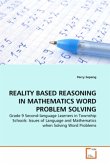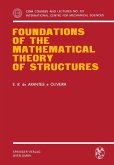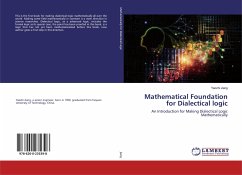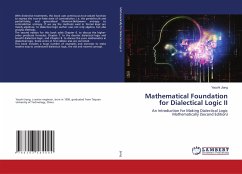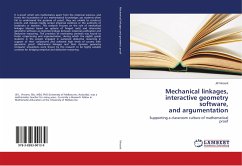This thesis proposes a general method for the design of decision-theoretic expert systems relying on logical knowledge and statistical data. The work expounded here is based on two modern theories of artificial intelligence, viz. argumentation theory and the theory of coherent previsions, also known as "imprecise probabilities". Argumentation has the ability to model practical knowledge, expertise and opinions (perhaps to some extent intuition as well) and when carefully employed in the design of expert systems understandably permits to reach satisfying degrees of substantive goodness. The theory of coherent previsions offers a fully axiomatic and unified view on probability and rational decision making and is thus adopted as a warrant for normative goodness. Various parts of the method presented are studied in detail and separately applied to decision domains such as finance (technical analysis-based algorithmic trading), trust computing and the game of poker.
Bitte wählen Sie Ihr Anliegen aus.
Rechnungen
Retourenschein anfordern
Bestellstatus
Storno


